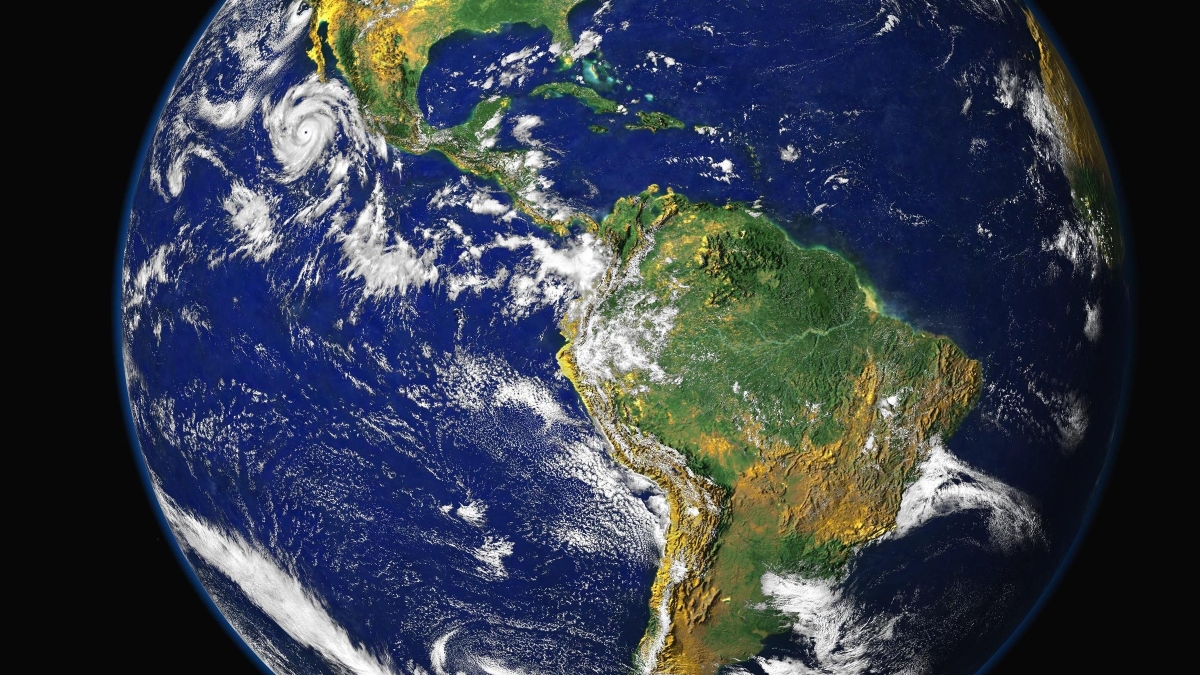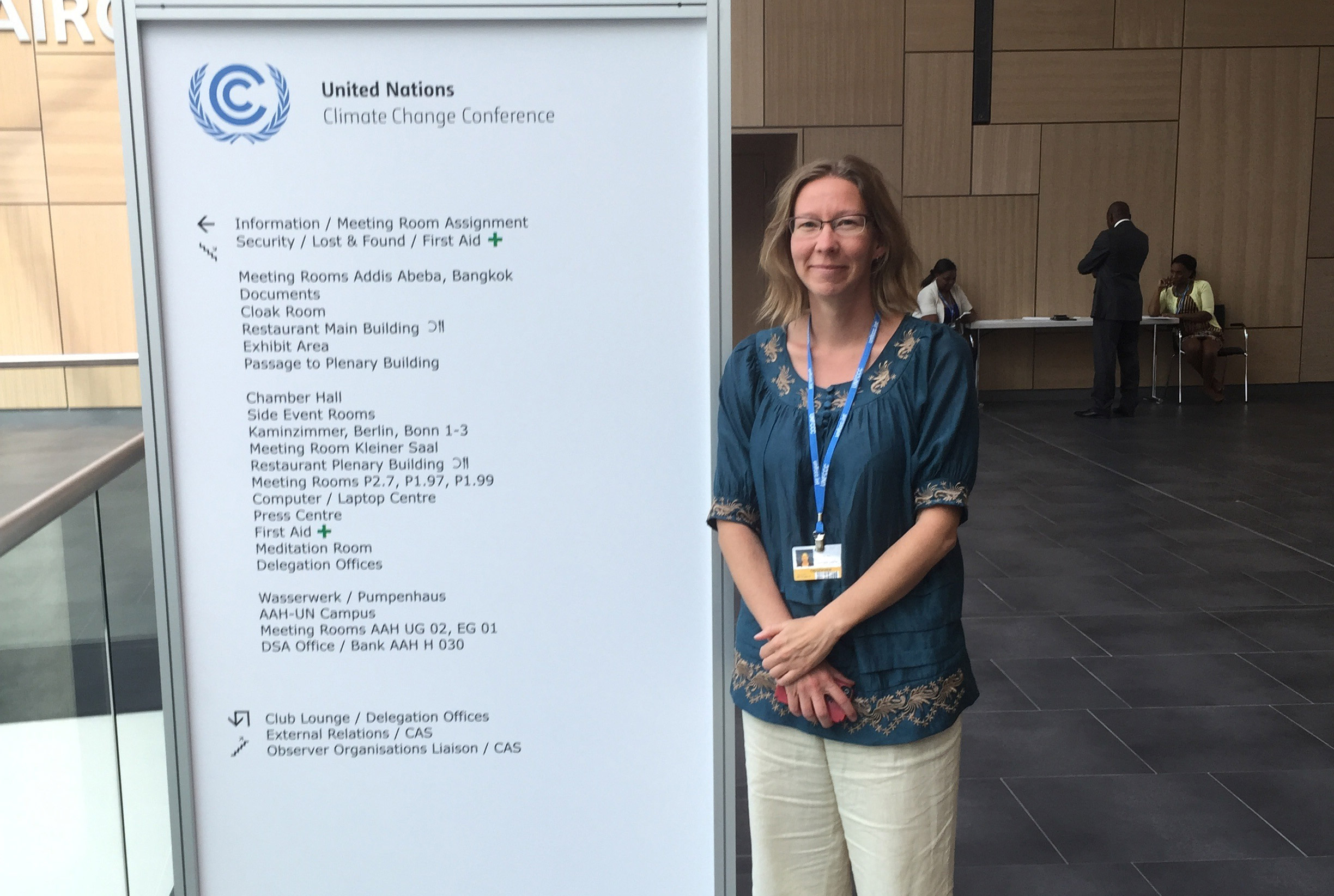Formal multi-lateral negotiations on climate change were suspended around noon during the United Nations climate change conference in Paris today, but an agreement is expected Saturday night, said an Arizona State University professor.
French Foreign Affairs Minister and acting president of the talks Laurent Fabius acknowledged parties are exhausted from working around the clock several days in a row, according to Sonja Klinsky, senior sustainability scientist at the Julie Ann Wrigley Global Institute of Sustainability.
Consultations between two countries, or one country and a smaller team of facilitators assigned to specific topics by Fabius, will continue, Klinsky said.
Key sticking points continue to be finance and differentiation amongst countries but it looks like some progress is being made, thanks to some big compromises by several countries, and those in the room report that the tone remains remarkably civil and cooperative, said Klinsky, who is presenting the results of her research in equity at the talks.
In U.N. jargon, “differentiation” means how the differences between incredibly diverse countries are categorized or understood. Who should do what, and who should get what kind of support?
More than 190 countries are taking part in the negotiations, ranging from wealthy Western powers like the United States to small, impoverished nations like the Maldives. Equity is a sticking point in the negotiations, Klinsky said. “It probably always will be. Those countries already have profound disparities.”
ASU scientist Sonja Klinsky at the United Nations climate change conference in Paris. Submitted photo.
As such, any agreement has to be flexible enough to meet the needs of small developing countries as well as Western nations like the U.S., which is the biggest emitter of greenhouse gases globally.
“There is a level of responsibility there,” Klinsky said.
“Loss and damage” is a sticking point. Small countries losing islands and reefs that support them — like the Marshall Islands, in the Oceania region of the Pacific ocean — feel they should be compensated for their losses by the large powers whose emissions caused the damage.
The U.S. is tense on this subject, Klinsky said. Representatives in Congress have already said they will vote against any deal where the U.S. is responsible for payouts to damaged countries.
Thursday night representatives from all of the countries reconvened for small and informal negotiations to discuss the latest draft text agreement around 11:30 p.m. local time.
“By going back and forth between large open discussions and small break-outs some progress on many smaller issues was made,” Klinsky said. “This session lasted until almost 6 a.m. this morning but was unable to provide a complete text for negotiation.”
Tonight, a third draft text will be assembled based on those discussions and will be released Saturday morning. Negotiations on this final draft will resume hours after the release.
“Still, we are a long way off,” Klinsky said. “The French are doing an amazing job convening this, but the reality is that climate negotiations are probably the toughest global negotiations we have (certainly the hardest environmentally related negotiations) because of the huge diversity of players and the complicated nature of the topic.”
French officials want to wrap up talks by Saturday night, Klinsky reported. With most negotiators scheduled to leave Monday, wiggle room is running short.
More Environment and sustainability

ASU President Michael Crow named to TIME100 Climate list
Arizona State University President Michael Crow has been named to the 2024 TIME100 Climate list of leaders and innovators driving real climate action.The list includes leaders across a range of…

Driving green desalination
Wilderness survival TV show hosts, pirates and water treatment researchers agree on one thing: Most natural water sources are not safe for drinking. Among the many potential risks is the high salt…

ASU preservation facility serves as test bed for rooftop heat mitigation
A roof coating that uses thermal energy storage materials from Arizona State University spinout EnKoat is halting the heat in several ASU buildings — including a section of the university’s largest…

